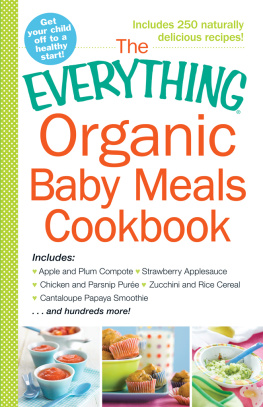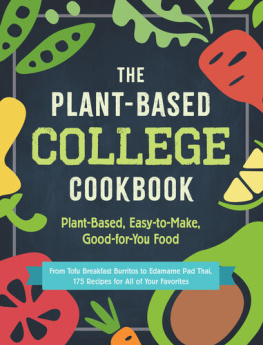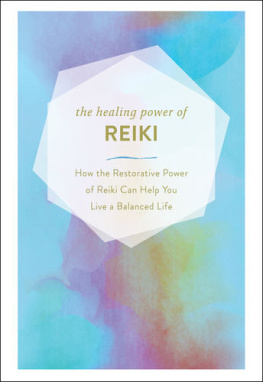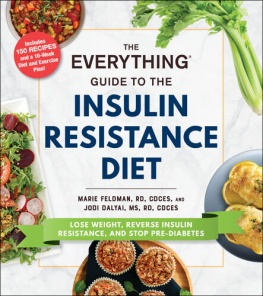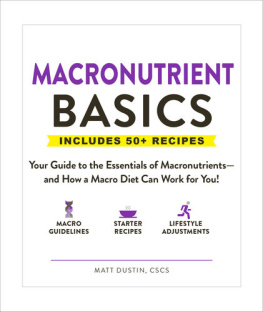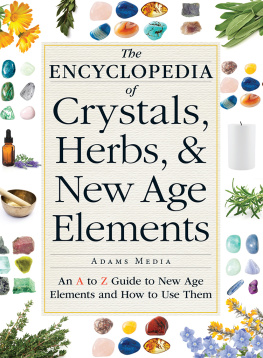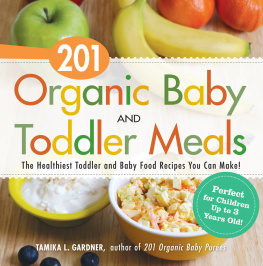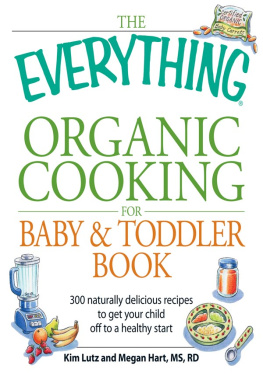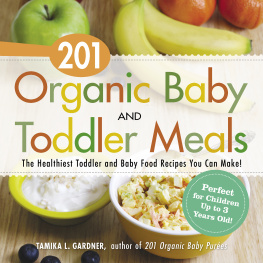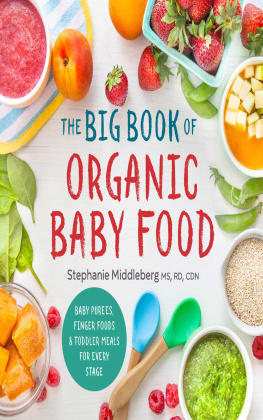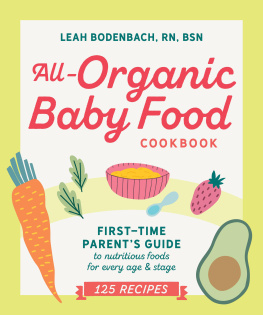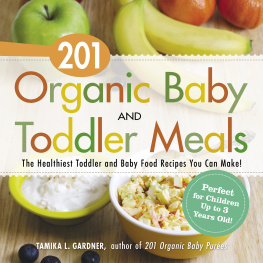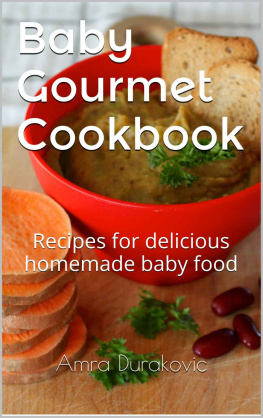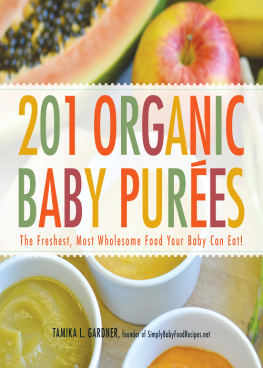Contents
Guide
Welcome to the EVERYTHING Series!
These handy, accessible books give you all you need to tackle a difficult project, gain a new hobby, comprehend a fascinating topic, prepare for an exam, or even brush up on something you learned back in school but have since forgotten.
You can choose to read an Everything book from cover to cover or just pick out the information you want from our four useful boxes: e-questions, e-facts, e-alerts, e-ssentials. We give you everything you need to know on the subject, but throw in a lot of fun stuff along the way, too.
We now have more than 400 Everything books in print, spanning such wide-ranging categories as weddings, pregnancy, cooking, music instruction, foreign language, crafts, pets, New Age, and so much more. When youre done reading them all, you can finally say you know Everything!
PUBLISHER Karen Cooper
MANAGING EDITOR, EVERYTHING SERIES Lisa Laing
COPY CHIEF Casey Ebert
ASSISTANT PRODUCTION EDITOR Alex Guarco
ACQUISITIONS EDITOR Lisa Laing
SENIOR DEVELOPMENT EDITOR Brett Palana-Shanahan
EVERYTHING SERIES COVER DESIGNER Erin Alexander
Visit the entire Everything series at www.everything.com
THE
EVERYTHING
ORGANIC
BABY MEALS
COOKBOOK

Avon, Massachusetts
Contents
Introduction
New parents are faced with what seems like a million decisions to make. The choices surrounding how and what to feed your baby are some of the most important decisions that you will make. The foods that you choose to provide will help your childs body and mind grow and develop to her fullest potential. How those foods came from the farm to the table will greatly impact not only the health of your baby, but also the health of our planet. Choosing to feed your baby and toddler organic food is one choice that is good for your child, your family, and your world.
Luckily, this serious decision is also delicious! The EverythingOrganic Baby Meals Cookbook contains more than 250 recipes that will delight your baby, from first foods to organic family dining. How can preparing Pear Pure, Blueberry Pancakes, and Cherry Apple Coconut Rice Pudding help save the world? As this book explains, organic farming is better for the environment. Organic farmers do not use toxic pesticides, insecticides, and synthetic fertilizers. Instead, organic farmers use natural methodsincluding crop rotation, natural fertilizers, and letting fields lie fallowto allow natures bounty to shine through. Organic livestock are given access to fresh air, fresh water, and a healthy diet; they are not given routine doses of antibiotics or warehoused in cramped quarters. Organic farming contributes to cleaner air, water, and soil. The simple act of choosing organic means that you are also helping ensure that the natural environment is protected.
Since the vast majority of a babys nutrition in the first year of life comes from breast milk or formula, babies have the opportunity to learn about different tastes and textures during their early experiences with food. This cookbook provides recipes for those basic pures and sets the groundwork for introducing a variety of tastes, flavors, and combinations to help babies develop into healthy eaters as they grow.
These recipes emphasize natural sweeteners and seasonings rather than relying on refined sugars and salt. Developing good eating habits begins right from your babys first experience with food. Your baby will come to know food with its true flavors shining through rather than being masked by unhealthy additives.
Many children go through phases when their palates become more limited. For pickier little ones, there are a variety of options that provide sound nutrition in the guise of a treat. There are cool sorbets, fruity smoothies, and fun dips to enchant even the most reluctant eater. Even birthday cakes are given the organic once-over in this family-friendly cookbook.
This cookbook can help you set the table for healthy eating habits that will last a lifetime. Organic eating can also help you contribute to a healthier planet. Enjoy watching your baby grow into a healthy, happy, organic child!
In closing here is one important note: When reading the recipes in this book please remember that while each individual ingredient does not have the word organic before it, it is assumed that you will be using only organic foods for these recipes.
CHAPTER 1
Why Organic?
With so many choices facing new parents, why is it important to consider feeding your baby organic food? Because your child will undergo so many significant changes during the first three years of life, it is imperative that he receives the best tools to grow and develop. Food that has been organically grown and produced provides just what your baby needs to grow from a tiny, smiling bundle to an active, engaged toddler without any dangerous chemicals to get in the way of that healthy development.
What Is Organic?
At its core, organic food is food that has been grown and produced as close as possible to the way that nature intended. Organic produce is grown without the aid of pesticides, herbicides, or synthetic fertilizers. Because organic livestock does not receive routine doses of antibiotics, the animals have living conditions that promote good health, including adequate space, fresh air, fresh water, and healthy feed. Furthermore, genetically modified organisms (GMOs), synthetic hormones, and irradiation are not allowed in organic agricultural products. Not only is organic food grown in accordance with organic practices, but the organic commitment also continues all the way from field to store.
Since 2002, the United States Department of Agriculture (USDA) has overseen the national organic program in the United States. The USDA has instituted an extensive set of rules that dictate what is allowable and what is prohibited in organic agricultural products for food and nonfood use. The USDA also oversees third-party certifiers, which ensure that the rules are followed by organic producers. There are three levels to the USDA organic labeling program:
- Products labeled 100 Percent Organic are made entirely from organic ingredients or components.
- Products that are made up of at least 95 percent organic ingredients or components, and have remaining ingredients that are approved for use in organic products, can display the USDA Organic seal.
- Products that are made up of at least 70 percent organic ingredients or components can list organic before those ingredients on their ingredient lists.

The USDA does not require third-party certification of organic products from farmers or distributors who sell less than $5,000 of goods per year. However, if these exempt producers attempt to misuse the organic label, and are caught, they are subject to a significant penalty.
Why Is Organic Important?
As a new parent, there is nothing as important as taking good care of your child. There are many ways to ensure your childs good health, happiness, and safety. Buying and preparing organic foods contributes to these goals in several ways.

